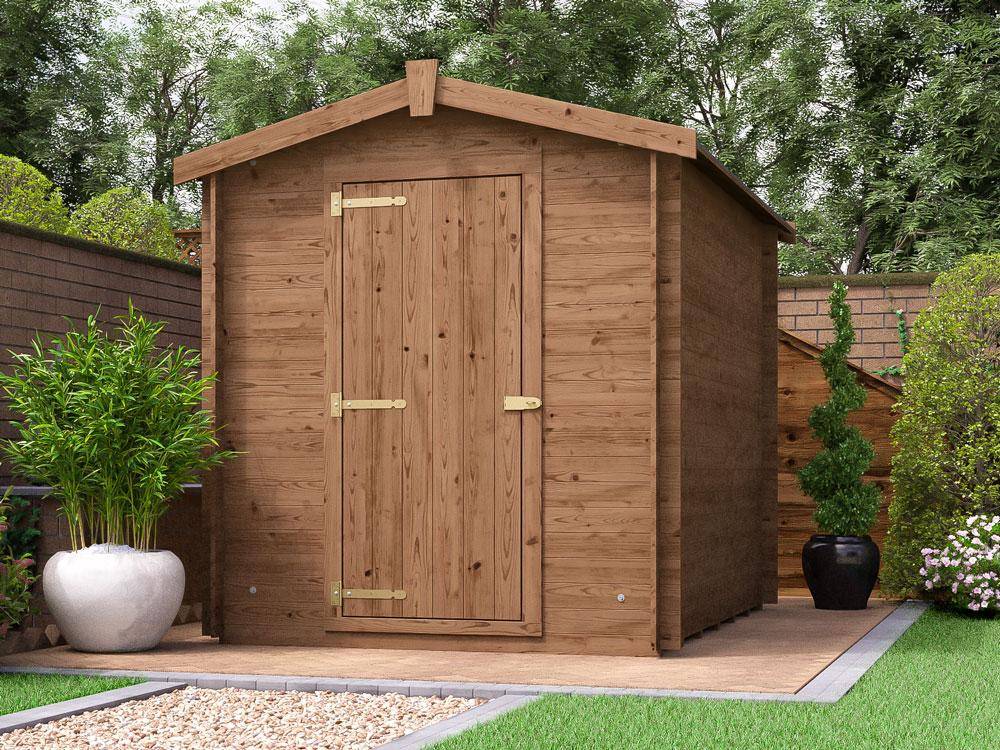The Eurovision Song Contest will air on Saturday evening 22 May. Last year’s competition had to be cancelled due to complications presented by the coronavirus pandemic. But officials are determined that this year’s event will happen, and have contingency plans in place.
This year’s Eurovision is a major step forward for the live event industry that has been put on hold. Organisers hope to bring the world together for a night of fun and entertainment, away from the troubles of the past year. Everyone across the globe has been going through hard times, so they aim to bring some light relief. Cancelling was never an option, and plans are in place to ensure the event is Covid safe.

Strict controls in place
Strict controls are in action at the venue, Rotterdam’s Ahoy Arena, with everyone on site having a test every 48 hours. Most acts have been rehearsing in Rotterdam for over a week, and are following guidelines to avoid a Covid outbreak.
Eurovision is usually a very lively occasion full of mini concerts, parties and events. But artists are spending most of their time in their hotel rooms this year. Countries are kept from mixing with anyone outside of their own delegation bubble.
Members of both the Polish and Icelandic delegations already tested positive for Covid. This meant that the rest of their teams going into isolation while they await their own test results. Others staying in the same hotel are also being cautious to stay away from people.
Journalists are also subject to follow strict controls too. They must wear face masks at all times when not at their desks. In addition, they must ensure they conduct all interviews in a socially distanced way.
As part of a contingency plan, every country competing has filmed a backup performance, for use in case of an emergency. Those who cannot travel to The Netherlands due to Covid restrictions will be using the pre-recorded video on the night, rather than singing live.
Which countries have made it through to the final?
Unfortunately Ireland and Australia are out in the first semi-final, along with Croatia, North Macedonia, Romania and Slovenia. Ireland are the most successful nation, winning Eurovision a total of seven times. However their early departure now means they have failed to qualify for six of the last seven finals.
Countries voted through to Saturday’s final include, Azerbaijan, Belgium, Cyprus, Israel, Lithuania, Malta, Norway, Russia, Sweden and Ukraine.
Malta is tipped to win the contest this year with 18 year old singer Destiny, winner of Junior Eurovision in 2015. Other favourites include France, Iceland, Italy and Ukraine.
James Newman is representing the United Kingdom, one of the countries to automatically qualify. He will be performing an up-tempo dance track, Embers. The singer was due to perform in last year’s cancelled show.
Another seventeen nations will perform in Thursday’s second semi-final, to decide which seven of them will be eliminated.
The Dutch government are allowing a maximum audience of 3,500 to watch each semi-final and grand final in person.
Thank you for reading Eurovision Song Contest: The show will go on

Looking for a storage solution for your garden furniture, tools and belongings? Look no further – Garden Sheds at affordable prices.